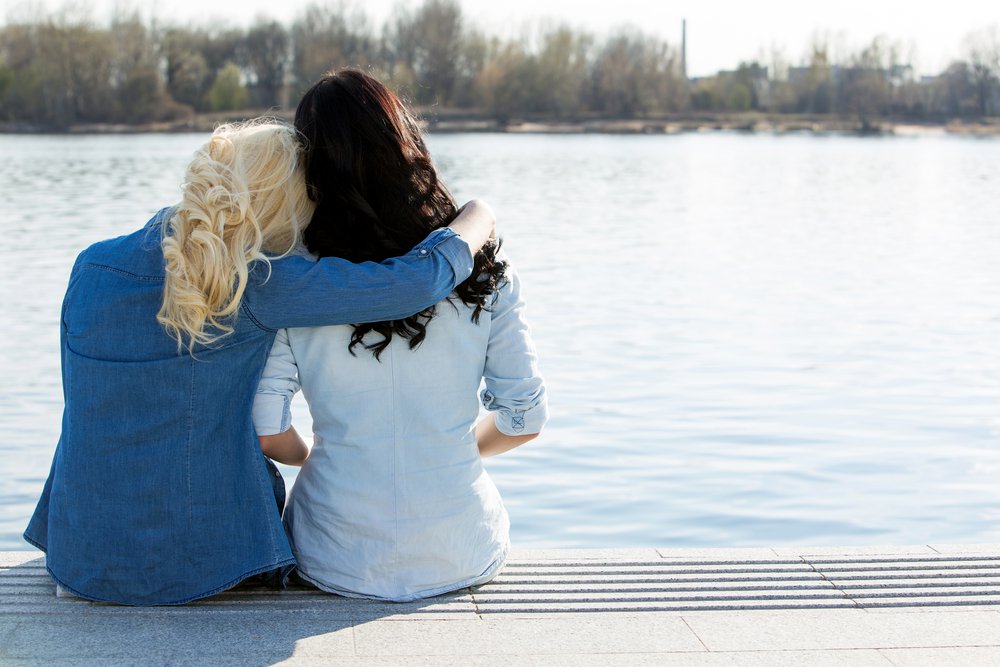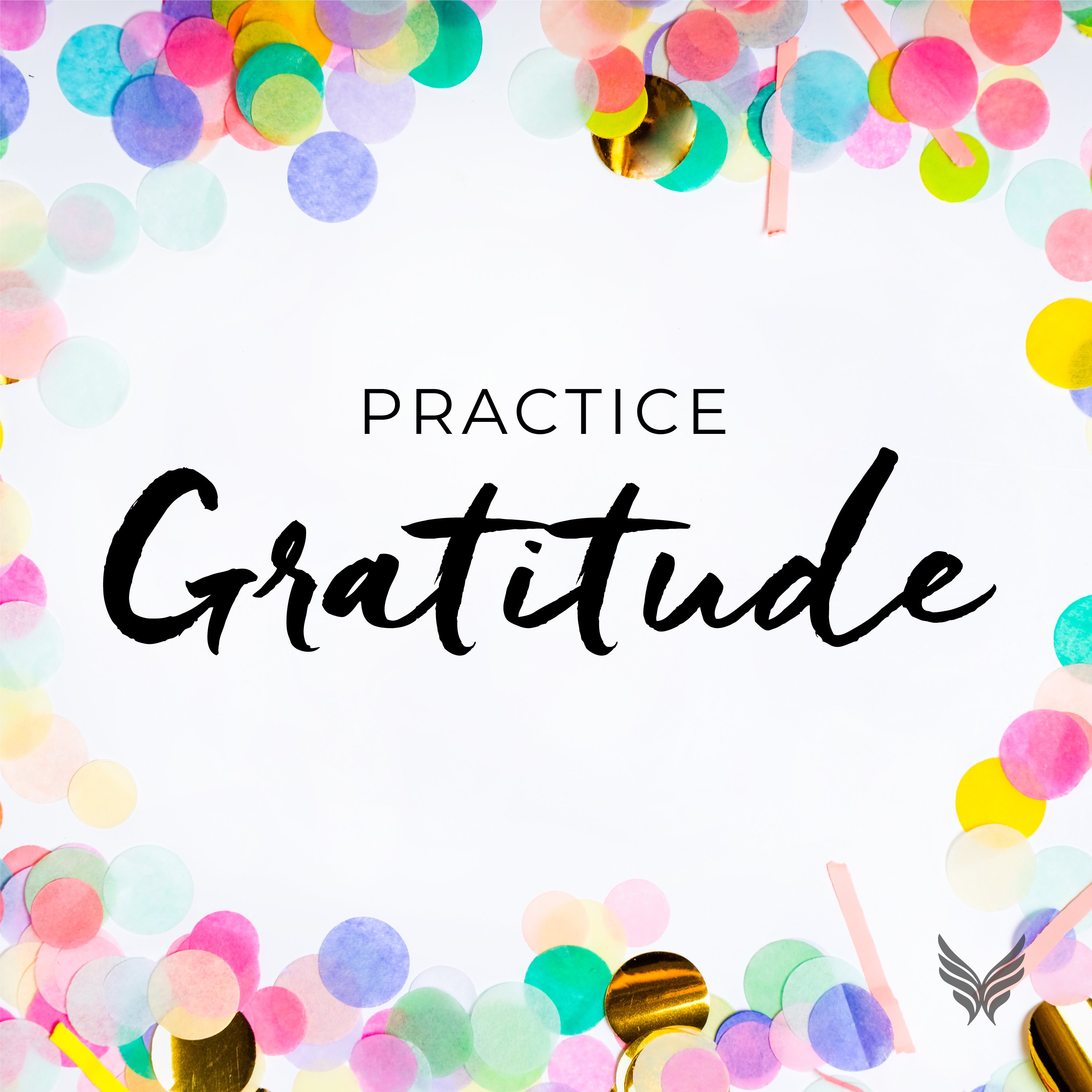

A friend recently went through a terrible setback at work. The project she had been working on for years, one she had poured her heart and tons of work into, was shut down, without much explanation or warning.
She called to tell me about it.
My first instinct was to run and hug her, which unfortunately I couldn’t do since I was a few thousand miles away.
My next instinct was to tell her all the ways in which this was likely a good thing, a blessing in disguise, something that was meant to happen and was probably leading her to her next awesome adventure. I wanted to tell her about how incredibly talented and experienced she is and how she won’t have a problem not just finding a job, but finding an amazing job.
I wanted to help her feel better. And I wanted to help her feel better as quickly as was humanly possible.
But I didn’t say any of that. I stopped myself.
Instead all I said was: “Oh, I am so, SO sorry.”
And then I just sat there, holding the phone to my ear, hearing my friend say a few things. She was still shocked and upset and I’m not sure she knew all the ways that she felt. I stayed on the phone with her for a few minutes, and then we said goodbye and I told her I’d check in on her soon. Nothing huge had changed but I felt that just having that small space for a few minutes to be, to feel whatever she felt, and to not be told how to change that feeling, that it was somehow comforting to her.
I’m a fixer, by nature. When someone comes to me with a problem, my first instinct is to help them solve it. When someone I care about feels bad, I want to help them feel better.
I’m not unique in this way; in fact, I think this is at the core of what makes us human, our desire to help others. But often, that desire pushes us to skip what might be the most important step in helping someone we care about feel better:
Allowing them to feel bad, sad, stressed, frustrated, regretful, annoyed, or any type of other feelings we consider negative.
This is really hard to do. When my daughter tells me she had a bad day, I want to do things to help her feel better. When a friend is struggling or one of the participants in my leadership workshop is frustrated, I want to help them move past it.
And yet, what I’m finding more and more, is that taking just a few minutes to first allow the person who is feeling bad to feel bad and to simply listen to them and be there with them, is the most helpful thing you can do to start to help them feel better.
Having this safe space to feel what we feel is comforting. It makes us feel like we’re OK how we are. It allows us to choose what we do from a place of acceptance and awareness, rather than simply reacting to our negative emotions.
And there’s research to support this idea. Studies have shown that when we pause, acknowledge, and label our negative emotions, the intensity with which we feel them is reduced. It’s almost like our brain receives feedback that it’s being heard and accepted, and doesn’t feel the need to yell the emotion as loudly.
One of the greatest gifts we can give to each other, one of the greatest gifts of kindness, is to listen, to really be there, and to allow the person the space to feel how they feel, without judgment or need to change. It doesn’t mean we don’t help or try to fix a problem; it means we first create a safe space where the person doesn’t feel the pressure to do it.
I’ve found this practice incredibly powerful as I’ve started to make it part of my interactions with people I care about. And I hope you’ll consider this small act of kindness as one you can share with people in your life.
We can all use a little bit more kindness.
Don't miss your happier boost!
Subscribe to our weekly email to get practical tips and inspiration to help you feel more joyful and resilient.


